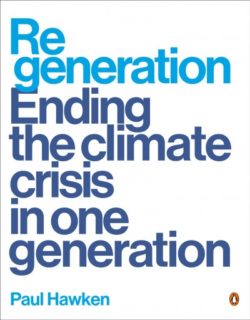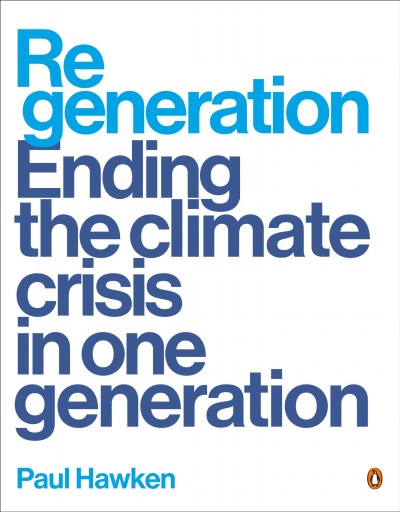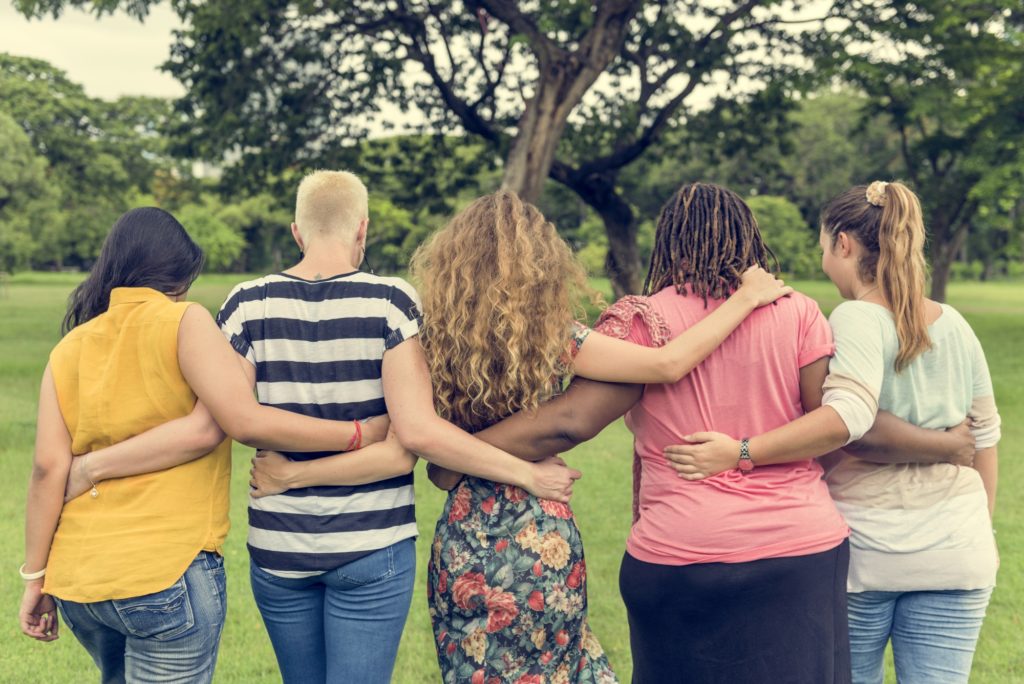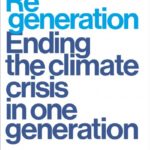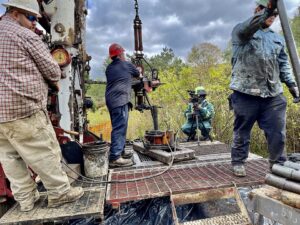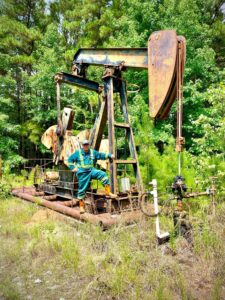Is it possible to end the climate crisis in 25 years? Paul Hawken thinks so, and his new book, Regeneration: Ending the Climate Crisis in One Generation, shows us how.
Hawken, a social entrepreneur and author of the groundbreaking Drawdown, says the key is to “put life at the center of every action and decision.” His vision includes people, of course, but also forests, wildlife, the oceans, fish, farms – the entirety of both the environment and humanity. In other words, the whole world, not just our little corner of it.
Why take on such a daunting task? Because, he says, “vital connections have been severed between human beings and nature,” and unless we restore them, we don’t stand a chance.
“If putting the future of life at the heart of everything we do is not central to our purpose and destiny, why are we here?” he asks.
Hawken puts life at the heart of his book, a big beautiful volume brimming with easy-to-understand explanations of how oceans, forests, land, food, energy, cities, and industry all figure into the climate equation.
The solution to that equation consists of three primary functions or priorities.
The first is to stop the emission of carbon dioxide. “Fossil-fuel combustion is the primary cause of warming and must cease rapidly; without this, there is no cure,” he declares.
♥ Don’t Miss: 7 Ways to Reduce Home Greenhouse Gas Emissions
The second is to protect the carbon already contained in our forests, wetlands, grasslands, salt marshes, oceans, and soils. All of these natural areas store carbon, so protecting them protects the climate.
Third, we need to “bring carbon from the atmosphere back to earth by sequestering carbon dioxide.” Plants, for example, pull carbon dioxide out of the atmosphere, convert some of it into food that nourishes the plant, and then release oxygen back into the atmosphere. The faster we can sequester carbon, the sooner we can end the climate crisis.
Women and children feature prominently throughout Regeneration. Stunning photographs showcase women from Ecuador, Nepal, Siberia, Ethiopia, Senegal and the United States. Hindou Oumarou Ibrahim, a cofounder of the Association of Indigenous Women and Peoples of Chad who represented civil society organizations at the signing of the Paris Agreement in 2016, writes that “traditional knowledge and climate science are both critically important for building resilience of rural communities to cope with climate change.”
“While scientific knowledge has been around for two hundred years and technology has provided vast amounts of data recently, Indigenous knowledge is thousands of years old. It needs to be respected.”
Nemonte Nenquimo helped sue oil companies in Ecuador to protect half a million acres of Amazon rainforest from oil exploration. The book reprints a defiant letter she wrote to the leaders of nine Amazonian countries, which begins: “You are probably not used to an Indigenous woman calling you ignorant…”
Mary Reynolds, an Irish landscape designer and founder of WeAreTheArk.org, argues passionately that protecting biodiversity goes hand in glove with stopping the “looming threat of climate collapse.”
She proposes a simple concept that asks people to give as much of their garden as possible back to wildness, and then share it with as many other creatures as possible.
“Restore lands so that they are true to nature,” she urges. “Rebuild a network of native plants and wildlife in the island nations we call our gardens.”
The book’s “Women and Food” section notes that “women are the backbone of food systems in many parts of the world,” from Albany, New York, where activist Leah Penniman is connecting food sovereignty, racism, incarceration and people of color through her Soul Fire Farm, to the clean cookstoves projects women are embracing in Haiti and Ghana as a way to reduce carbon emissions and help keep the air cleaner for their kids to breathe, too.
♥ We explain “Why Climate Change Matters to Women” Here.
There’s no possibility of overcoming the climate crisis unless we educate girls, a position Nobel Peace Prize winner Malala Yousafzai reinforces when she says that “Every girl…has a right to learn.”
“The universal education of girls is the essential precursor of full gender equity and the empowerment of women,” Hawken adds. “Realizing the potential of women is the single most important pathway to planetary regeneration.”
We are at a “watershed moment in history,” Hawken warns. “To address and reverse the climate crisis…calls for moving out of our comfort zones to find a depth of courage we may never have known…
“We have created an astonishing moment of truth. The climate crisis is not a science problem. It is a human problem.
“The ultimate power to change the world does not reside in technologies. It relies on reverence, respect, and compassion–for ourselves, for all people, and for all life. This is regeneration.”
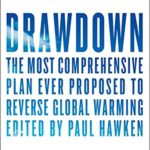
NOTE: This review originally appeared at MomsCleanAirForce.org, a terrific group working to mobilize moms and dads to stop climate change and keep our air clean.


